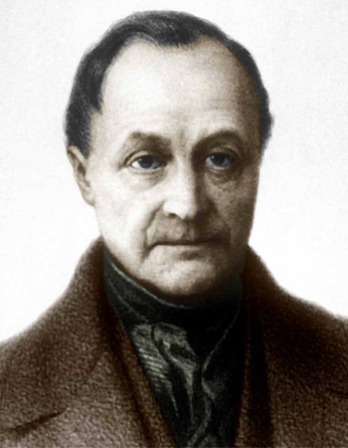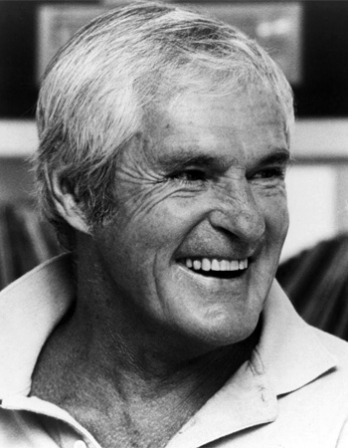On Tuesday I was put under the influence of chloroform and laughing gas together. I felt no pain, but my consciousness seemed complete, and I was occupied with strange thoughts. If this had happened to a man in an uncritical age, would it not have carried conviction, like that of Saul of Tarsus, to his soul? A violent deepening of despair‚ a sense of being mocked and cheated‚ remains with me.
After the choking and stifling of the chloroform had passed away, I seemed at first in a state of utter blankness; then came flashes of intense light, alternating with blackness and a keen vision of what was going on in the room round me, but no sensation of touch. I thought that I was near death when suddenly my soul became aware of God, who was manifestly dealing with me, handling me, so to speak, in an intense, personal, present reality. I felt Him streaming in like light upon me and heard Him saying in no language, but as hands touch hands and communicate sensation, “I led you, I guided you; you will never sin, and weep, and wail in madness anymore, for now you have seen Me.” My whole consciousness seemed brought into one point of absolute conviction; the independence of my mind from my body was proved by the phenomena of this acute sensibility to spiritual facts, this utter deadness of the senses; life and death seemed mere names, for what was there then but my soul and God, two indestructible existences in close relation. I could reason a little, to this extent that I said, “Some have said they were convinced by miracles and spirit rapping, but my conviction is a real new sense.” I also felt God saying, “I have suffered you to feel sin and madness, to ache and be abandoned, in order that now you might know and gladly greet Me. Did you think this experience you are undergoing was a fortuitous coincidence?” I cannot describe the ecstasy I felt. Then as I gradually awoke from the influence of the anesthetics, the old sense of my relation to the world began to return, the new sense of my relation to God began to fade. I suddenly leaped to my feet on the chair where I had been sitting and shrieked out, “It is too horrible, it is too horrible, it is too horrible,” meaning that I could not bear this disillusionment. Then I flung myself on the ground, and at last awoke covered with blood, calling to the two surgeons (who were frightened), “Why did you not kill me? Why would you not let me die?” Only think of it. To have felt for that long dateless ecstasy of vision the very God, in all purity and tenderness and truth and absolute love, and then to find that I had after all had no revelation, but that I had been tricked by the abnormal excitement of my brain.
Yet, this question remains: is it possible that the inner sense of reality which succeeded, when my flesh was dead to impressions from without, to the ordinary sense of physical relations, was not a delusion but an actual experience? Is it possible that I, in that moment, felt what some of the saints have said they always felt, the undemonstrable but irrefragable certainty of God?
From a letter to Henry Sidgwick. Suffering from ill health for much of his life, Symonds had a house built in Davos in 1881, privately printing in 1883 ten copies of his A Problem in Greek Ethics, one of the first histories of homosexuality. He began the book, “For the student of sexual inversion, ancient Greece offers a wide field for observation and reflection…Here alone in history have we the example of a great and highly developed race not only tolerating homosexual passions but deeming them of spiritual value, and attempting to utilize them for the benefit of society.”
Back to Issue



